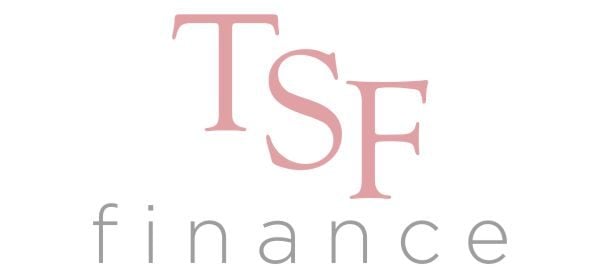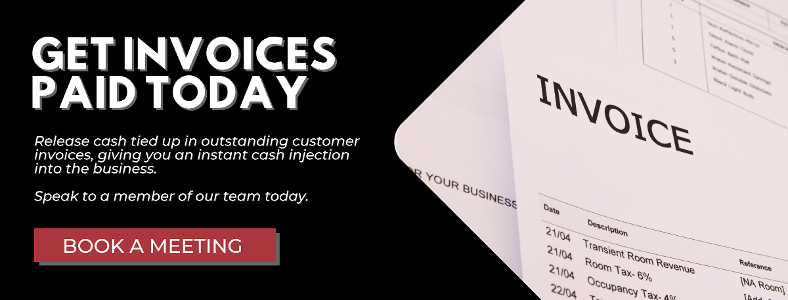Since the beginning of the COVID-19 pandemic, business owners have faced many challenges – mainly revolving around finances (or lack of). That has led to many being unable to pay loans and rent, and deferring taxes has become a common theme. Unfortunately, multiple businesses have felt that they don’t have many options to secure further funding from banks that could help them achieve long-term success. They have had to liquidate their assets and shut down the business altogether.
Liquidating Assets
If a business can’t pay its bills, one option is liquidating assets. That means selling the business’s assets, including machinery, vehicles, and buildings. The money gained from liquidation would then be used to pay off loans, creditors, rent payments, etc.
It’s not always the best option, though, especially if you want to stay in business. In essence, liquidating a business’s assets means the end of trading. That means lost employees, a loss of reputation, and a loss of trading licenses. That’s not even mentioning having to sell potentially valuable assets.
Despite the unappealing nature of liquidation, many businesses have had to turn to it during the pandemic. They felt they had no other options, leading to the closure of multiple businesses. That doesn’t have to include yours. Luckily, there are other solutions.
What is Invoice Finance?
Asset and invoice finance are borrowing options that are different from traditional loans.
Invoice finance involves taking out a loan against delayed invoices. It works by you showing your outstanding invoices to a lender, who will then return a large percentage of the invoice straight to you. Once the customer pays the rest of the invoice, you receive the rest of the money.
There are two options for invoice financing – confidential invoice financing means that the customer doesn’t know about the lender. On the other hand, full factoring invoice financing includes the customer’s involvement.
What is Asset Finance?
Asset finance is a little different. It allows a business to borrow a set amount of money to pay for a brand-new asset. For example, your business might need a new piece of machinery. With this finance option, you could purchase that asset through a finance company and pay the total amount back in instalments, including interest. For businesses that require a new asset to grow, this option can be very handy.
Asset invoicing also covers a type of loan that allows you to pledge your assets against the loan. For many businesses, this will enable them to take out a business saving loan that they wouldn’t have otherwise been able to.
These finance options might be the answer to saving your business without having to liquidate your assets. By using the value of the assets that you already own, you could turn your business around.

Is Asset/Invoice Financing Right for You?
Of course, these options aren’t right for every business. For asset or invoice financing to save your business, you need to know that it is helpful for your business in particular. Below are some indications that asset financing or invoice financing is an option you should take:
1. You Can’t Get a Traditional Loan
Many businesses know that they can make more money in the upcoming months, but they are unable to secure a loan for one reason or another. More often than not, it’s due to their credit rating. With asset finance, your credit usually doesn’t impact the loan. Instead, it’s about the value of your current assets.
2. You Can Pay BackIt might seem obvious, but this is the most crucial point to consider. If you are going to take out a loan, whether it’s an invoice finance loan or an asset finance loan, you need to know that you will be able to pay it back. With invoice financing, the lender knows instantly that you can pay back, as you have the outstanding invoices as proof.
3. You’re Considering Liquidation
Liquidation of business assets should be the last option for businesses facing financial challenges. If it's a consideration, you should think about asset financing or invoice financing first, as it could save your business.
4. You Want Your Business to Grow
Asset/invoice financing doesn’t just save businesses – it also helps them grow and achieve long-term success. If you have a plan to grow your business and you need extra cash or assets to make it happen, either finance options can assist you.
You don’t have to go down the route of liquidating your business’s assets straight away. There are other options, including asset or invoice finance. Whether you need to purchase an expensive new asset, but you don’t have the money, or you need to take out a loan to keep your business afloat, these types of financing can help.
If you are interested in asset or invoice finance and you want to learn more, get in touch with our experts here. We can answer your questions, guide you through the process, and help you better understand your options.











